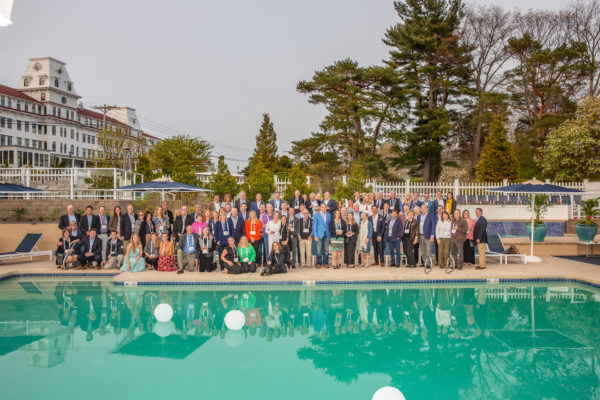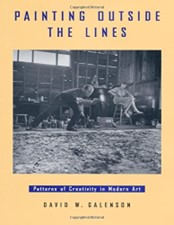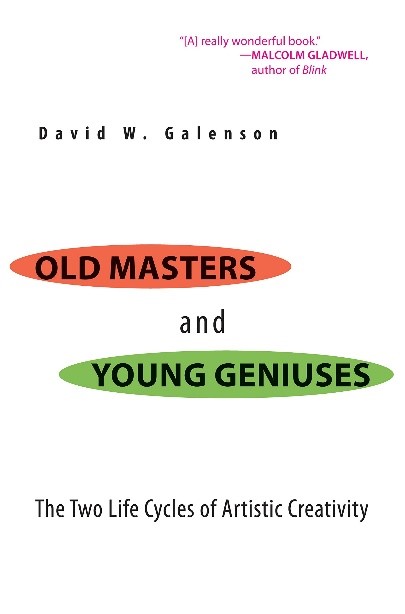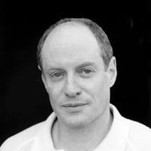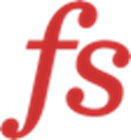1 minute read
New Castle, New Hampshire
Bringing our badass friends/Entrepreneur Owner-Managers (EOMs) and their spouses or life partners together earlier this month for 48-hours of learning/unlearning, connecting, and enjoyment turned out to be incredibly energy creating. Because the Forum is by invitation only, and exclusively for private business owners, within this community you know that you are speaking with other EOMs who are thinking about the sustained success of their enterprises as well. Usually we may (probably do) have a lot of shared ground with each other, thinking about personal goals, personal health span, organizational longevity, and contribution.
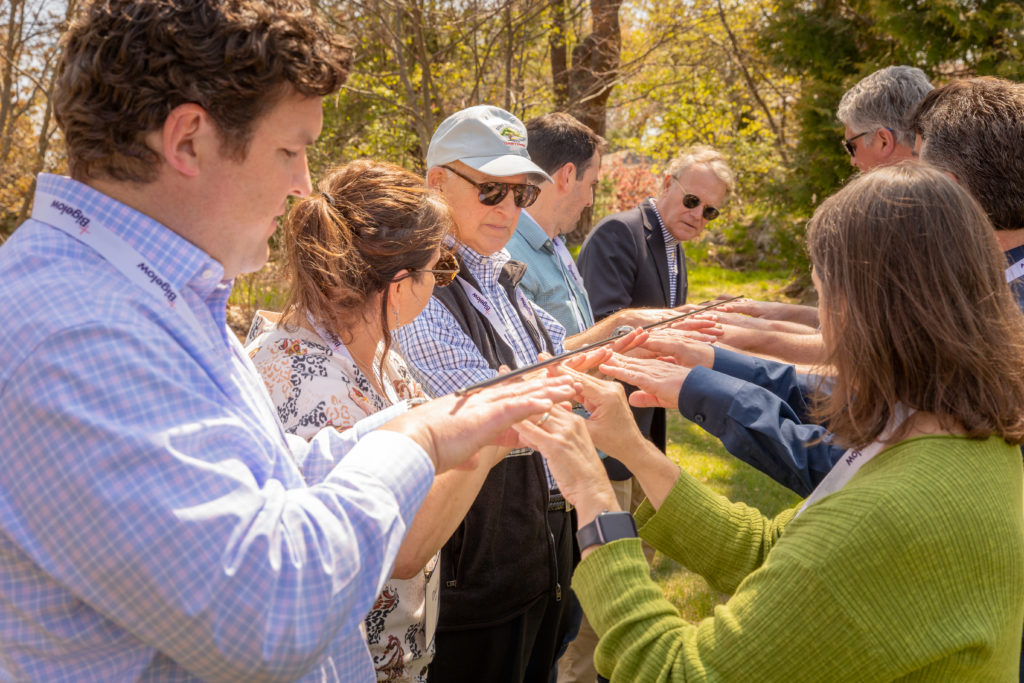
At our 2022 Bigelow Forum participants were even more energized than usual—even joyful—to be together sharing experiences and learning from each other, making new friends. At Bigelow, since we work exclusively with Entrepreneur Owner-Managers to build and capture Enterprise Value, we have a lot of practical techniques and skills we have developed to do that successfully. However, as we are committed to being masters of our craft, we are compelled to complement and enhance our practical experience with the latest thinking in the theoretical foundations of behavioral finance, and positive psychology, which have massive implications for EOMs. EOMs confidentially shared their experiences with one another, both leading up to and following an ownership transitions. We had Hurricane Island Outward Bound lead a session around connecting and collaborating, which turned out to be quite a lot of fun and really pushed folks out of their comfort zones. We also heard new ideas from Guy Raz the host of NPR’s How I Built This on his learnings from hundreds of interviews with EOMs. Concepts like “knowing your story” and always being “ready to pivot.”
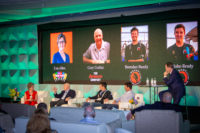
We then had the fun of hearing from a panel of Founders/EOMs, highlighting some common themes, but also massively providing a wide variation of personal goals impacting the thinking of private enterprise leaders. There was a spirited discussion about the inspiration for leadership and ownership transition, given the complexity of family business versus founder businesses, (and the impact of family on both).
Including spouses or life partners in our annual gathering is incredibly enriching. We know these are the most important advisors to EOMs. The ones they wake up to sharing their concerns, and go to sleep to, doing the same. We listened to a panel of spouses and life partners talk about their perspectives as the enterprises matured and became more successful, their desires for freedom, and some of their thoughts about the advantages of what you can accomplish with new financial resources. Many EOM and spouse participants found the panel to be very moving.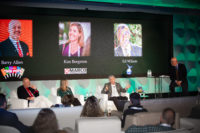
At Bigelow, we are completely attuned to the need to be practical—but we believe in supplementing that “practical application” scar tissue with state-of-the-art scholarship on foundational or theory learned from others. Applying this enquiry prospectively has taught us a great deal. It is highly rewarding, but also at times humbling. The days of the Bigelow Forum continue to be our favorite ones of the year.
What I am Reading / Listening to
Painting Outside the Lines: Patterns of Creativity in Modern Art (2002)
By David Galenson
Old Masters and Young Geniuses: The Two Life Cycles of Artistic Creativity (2011)
By David Galenson
Why have some great modern artists—including Picasso—produced their most important work early in their careers while others—like Cezanne—have done theirs late in life? David Galenson, a well-known economist at the University of Chicago examines the careers of more than 100 modern painters to disclose a fascinating relationship between age and artistic creativity.
What Galenson concluded is that genius—whether in art, architecture, or entrepreneurship—is not the province of 17-year-old Picassos and 22-year-old Andreessens, nor just the 77-year-old Fred Smith of FedEx or 98-year-old Charlie Munger of Berkshire Hathaway. It depends. Creativity can be thought of arising in two very different practices, exemplified by two very different types of people.
“Conceptual innovators,” as Galenson calls them, make bold, dramatic leaps in their disciplines. They do their breakthrough work when they are young. Think Edvard Munch, Herman Melville, Orson Welles, Sergey Brin. They can make the rest of us feel like also-rans. Then there’s a second character type, someone who’s just as significant, but slower by comparison. Galenson calls this group “experimental innovators.” Geniuses like Auguste Rodin, Mark Twain, Alfred Hitchcock, and Warren Buffett accumulate learning by a lifetime of trial and error and thus do their important work much later in their careers. Galenson maintains that this duality—conceptualists are from Mars, experimentalists are from Venus – is the core of the creative process. And it applies to virtually every field of intellectual endeavor, from painters and poets to economists and Entrepreneur Owner-Managers. What Galenson terms experimental innovators (iterators) usually make their discoveries late in their lives, whereas conceptual innovators typically peak at an early age.
I was first drawn to Painting Outside the Lines in a reference to it by the economist Steve Leavitt on his podcast People I Mostly Admire. Then, I realized that Galenson had expanded and updated that work in Old Masters and Young Geniuses. Together they offer an incredibly illuminating glimpse into the relationship between the working methods and the life cycles of modern creatives. Both book's explicit use of simple quantitative techniques allows for systematic generalization about large numbers of artists-and illuminates significant but little understood features of the history of modern art.
Together, I believe these works have broad insights on the nature of human creativity in general, and Entrepreneur Owner-Managers specifically. Which type of creative are you?
Entrepreneur Owner-Manager Quote
“I’m motivated by a sense of stewardship; this company is a living organism that I want to see survive and flourish. I feel a degree of connectedness and relationship with Bigelow – and that’s a precious thing. The sale of a family business is always emotional. Advisors are interacting on many levels, and Bigelow has a high degree of empathy and emotional intelligence.”
-Andrew Schonbek, Former 4th Generation Owner & CEO of Schonbek Worldwide Lighting
Energy Creation
“The Mindset Gap”
No. 470 – May 1, 2022
Farnum Street, Brain Food Newsletter
By Shane Parrish
Tiny Thought
One of the biggest things working in the background over the past two years is the mindset gap. *
At the onset of COVID, one group of people, became paralyzed and waited. They waited for someone else to take the lead and tell them what to do. They waited for schools to go online and figure out how to educate their kids. They waited for the government to tell them what was safe and what wasn't. They waited for clarity. They waited for certainty. And they waited for other people to solve problems so they could continue with life.
Another group of people refused to stop. While they might have slowed down, they kept adapting. Inch by inch they did what they could and moved forward. They hired teachers or turned to Khan academy for their kids. They kept the expectations of themselves and their kids high. They pushed forward at work and home. They solved problems. And they learned new skills.
The difference between these two groups comes down to mindset.
All the energy you put into things you can't control comes at the expense of things you can control. And because they focus on what they can control, the second mindset is far more resilient and adaptable than the first. And that makes all the difference.
When I talk to people about this, they often bring up the wealth gap. I hear things like, "It's easy for the rich to hire tutors and teachers and childcare and keep their kids working hard." Yes ... and that misses the point.
It is easy to overestimate the role of money and underestimate the role of mindset. Often, we convince ourselves that if only we had the resources, we would apply the second mindset. But the second mindset isn't a luxury of the rich, it is a necessity to build wealth in the first place.
When you focus on the money you miss the leverage of mindset hiding in plain sight.
A lot of people without a lot of money figured out ways to focus on what they could control. While they didn't control what the schools did, they did control giving their kids extra work or putting them in Khan academy. I'm using parents as a simple example to make a point, but the same mindset applies to every aspect of life every day.
Your mindset gets applied to life thousands of times a day. It's at work in every interaction and every circumstance. At the end of day one, the difference between the first and second mindset is indistinguishable but at the end of a decade, the gap is too large to catch up.
Sooner or later, you realize everything comes down to mindset.
When you focus on what you can control, there is always an action you can take to put yourself in a better position. When you focus on things you can't control you tend to freeze, unsure of what to do, and you wait.
The world might have paused for two years but people with the second mindset never stopped. Rather than be mastered by circumstances they didn't control, they mastered them.
For the past two years these two mindsets have been invisibly applied in the background. Now that the world is opening, the gap is becoming visible. At the office, if you stood still for the past two years, you were lapped by the people that didn't stop.
The mindset gap created an outcome gap that will only compound in the next decades.
* I'm oversimplifying to make a point. These two mindsets are opposite ends of a continuum and we're all somewhere between these extremes.
© 2024 Bigelow LLC. All rights reserved.

